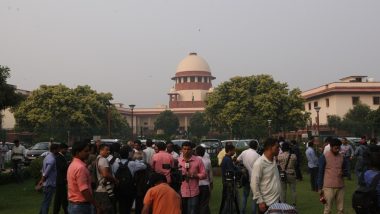New Delhi, December 17: The Supreme Court Tuesday refused to set up a committee of a retired apex court judge to inquire into the allegations of police atrocities against students and incidents of violence during protests against the Citizenship Amendment Act (CAA) at Aligarh and Jamia universities here, and asked the petitioners to approach respective high courts with their grievances.
The apex court said the high courts, after looking into all the aspects and hearing both sides, may appoint fact finding committees to inquire into the allegations and they would also pass orders with regard to arrest and medical treatment to those injured in the protests.
"Having regard to the nature of disputes and the vast area through which these incidents are said to have occurred, we find that it would not be feasible to appoint a single committee to go into the matters in various states," said a bench comprising Chief Justice S A Bobde and Justices B R Gavai and Surya Kant.
The bench noted in its order that each fact alleged by the petitioners has been disputed by the Centre, which through Solicitor General Tushar Mehta told the court that not a single student has been arrested so far in these incidents at Aligarh Muslim University (AMU) and Jamia Millia Islamia here.
The bench said that two main concerns raised by the petitioners have been that students were "indiscriminately arrested" and they were injured and not getting proper medical treatment. Mehta, however, said that only two students from AMU have been hospitalised and they are being treated at the university hospital itself.
His arguments that police had not caused any injury to the students was contested by the petitioners who alleged that several students were undergoing treatment for broken limbs. Taking note of the allegations and counter-allegations, the bench said, "We are confident that the Chief Justices (of various high courts) will call upon for inquiry, if needed, and appoint appropriate committee including a former judge of the apex court or high court after hearing the union of India and respective states."
It added: "High court will be at liberty to pass appropriate order with regard to arrest and medical treatment, if brought to its notice, after verification." The bench noted that serious grievance have been raised that Vice Chancellors of universities concerned were being "completely ignored" by police while taking action against students, which was denied by Mehta.
"We are sure that high court will look into all the aspects of the matter after hearing both sides and appoint appropriate committee for fact finding," it said. Mehta told the court that no students have been arrested so far and when they were injured during the protests at Jamia, the police had taken them to hospital and free of cost treatment was provided to them.
"The chief proctor of Jamia was called to identify the students in the hospital. He came, identified the students and took them back with him," he said, adding that rumours were spread that two students had died in the protest. Regarding protest at AMU, Mehta said, "Proctor of AMU, who is a former IAS officer, gave us (police) in writing that because of rumours, some people, may be outsiders, may create law and order problem so send the police force."
He said one of the students was injured at AMU as tear gas shell, which was fired to disburse the protestors, blasted in his hands. When senior advocates Indira Jaising, Colin Gonsalves and Sanjay Hegde, who appeared for the petitioners, urged that the top court should appoint a retired apex court judge to inquire into these incidents, the bench said, "We are confident that our chief justices (of high courts) will arrive at a right conclusion after looking into all the facts".
At the outset, the bench asked the petitioners, "Why should we entertain these petitions? Why not go to the high court?" When one of the petitioners advocate said that protests have taken place across the country, the bench said, "But high courts will have the jurisdiction".
"We do not want to spend time on facts. We have not said that you should not be heard. There is some problem with this language that 'we have to intervene'," the bench said, adding that the apex court is not a 'court of facts' and petitioners should approach the jurisdictional high court first.
When the petitioners said that students were holding peaceful protests, the bench asked, "Then how the buses were burnt?" While the arguments were being made, the bench said: "We have disclosed our mind (that incidents of each states will go to the respective high court)." While refusing to appoint a committee of a retired judge of the apex court as was done in the Telangana encounter case, the bench said, "No parallel can be drawn between them."
"In Telangana, one committee could have gone into the incident but in the incidents of violence at several places, it is not possible as the issue of jurisdiction will arise." "We therefore decline your prayer," the bench said, adding that the police is entitled to arrest those who have committed any offence.
Jaising said inquiry by a retired Supreme Court judge does "inspire confidence in the society". "This can be done by the chief justice of high courts," the bench said. The bench also refused to consider the newspaper reports to entertain the petitions on the issue. "We are not going to read newspapers. We are not going to rely on newspapers to arrive at judicial decisions," the bench said.


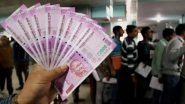

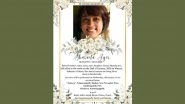

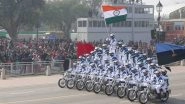
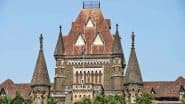
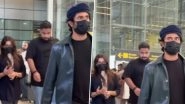

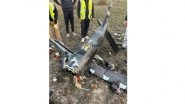


 Quickly
Quickly